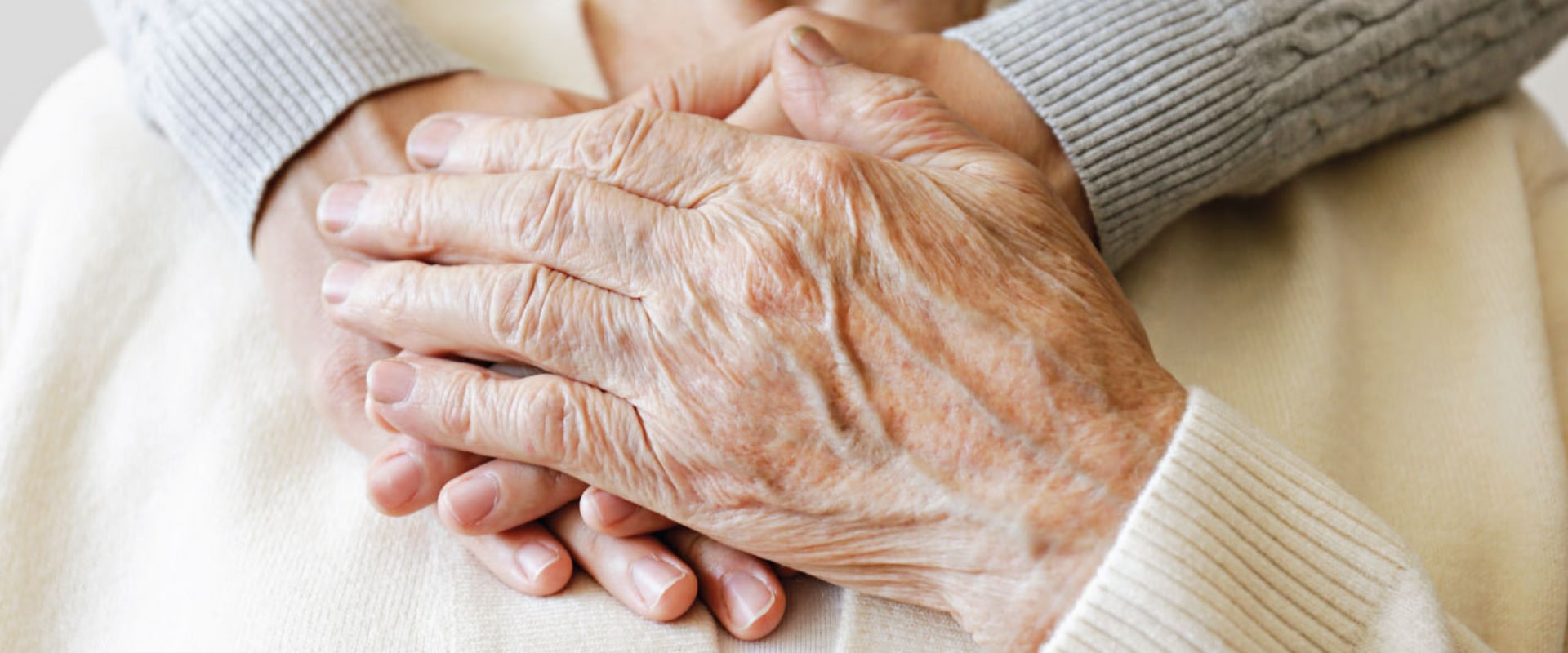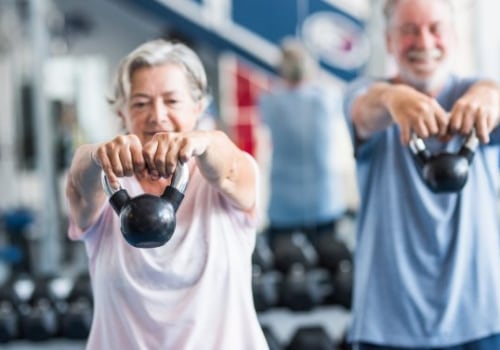Caring for an elderly loved one can be a challenging yet rewarding experience. As a caregiver, it is important to be well-informed about the health care needs of the senior and be able to advocate for them. This article will provide an overview of how caregivers can help support a senior's healthcare needs and decisions.
Keeping Track of Medical Appointments
One of the most important roles of a caregiver is to ensure that the senior receives the necessary care and support.This includes keeping track of medical appointments and communicating with healthcare providers. It is important to stay organized and keep a record of all medical appointments, medications, and treatments. This will help ensure that the senior receives the best possible care.
Providing Physical and Emotional Support
Home caregivers need both physical and emotional support to care for their elderly loved ones.Physical help may include helping with daily tasks, making decisions, preparing meals, running errands, and doing household chores. In addition, caregivers need emotional support to cope with the stress of caring for an older person. It is important to take time for yourself and seek out support from family and friends.
Advocating for the Senior
Caregivers must also be able to advocate for their elderly loved ones.This includes understanding their rights and advocating for them in medical settings. It is important to be aware of any changes in the senior's health or behavior and communicate these changes to their healthcare providers. Caregivers should also be aware of any potential risks or dangers that may arise from medical treatments or medications.
Conclusion
Caring for an elderly loved one can be a difficult yet rewarding experience.By keeping track of medical appointments, providing physical and emotional support, and advocating for the senior, caregivers can help ensure that their elderly loved ones receive the best possible care.




